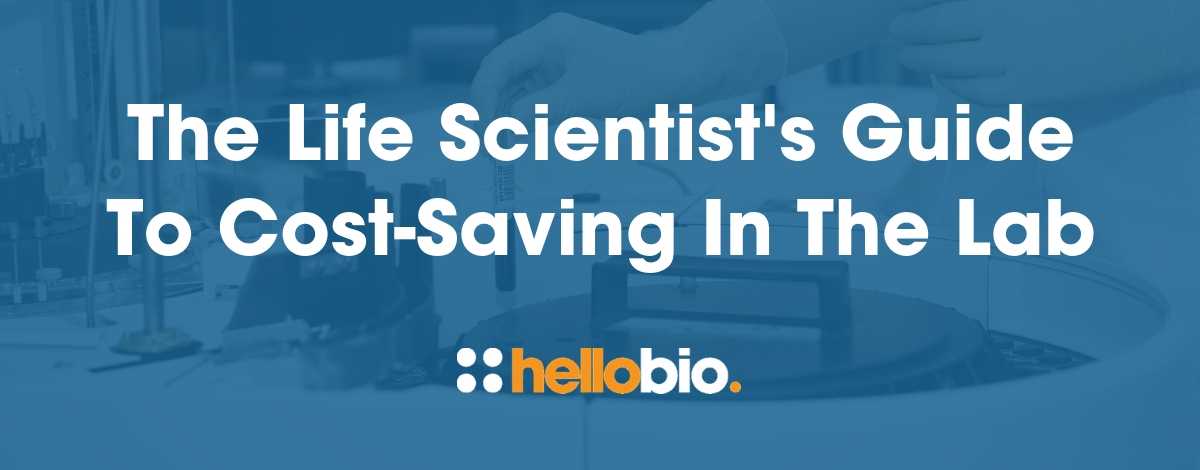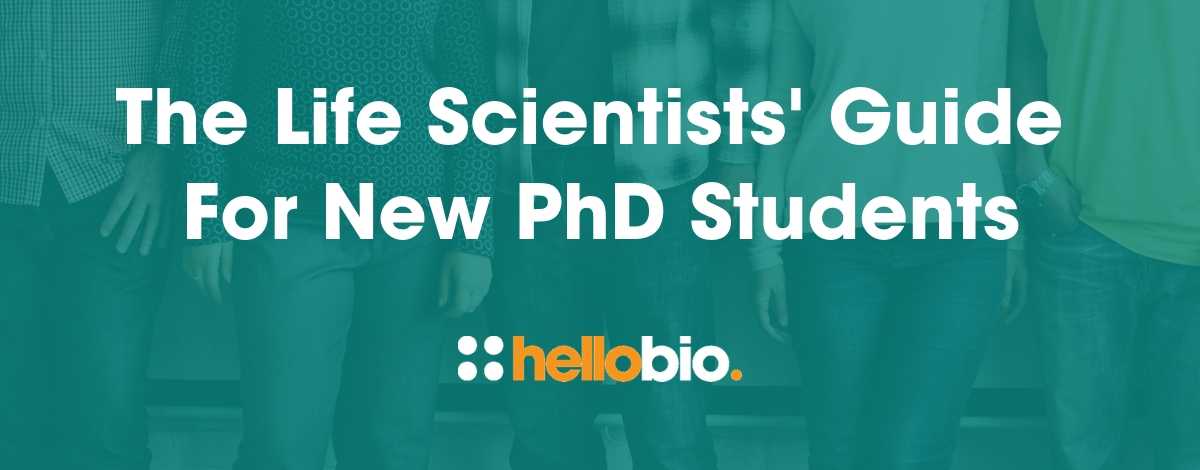Interviews with Scientists: Jessica Salles
It was lovely to meet PhD student Jessica Salles while we were exhibiting at ENCODS 2019 last month! Jessica was one of the five scientists whose conference fee waiver was part of our sponsorship. We took the opportunity to have a chat to her for our Interviews with Scientists blog series, and she told us more about her work, her advice for new PhD students, and what inspires her most about her field of research.
Jessica is a neuroscience PhD student at the Federal University of São Paulo in Brazil. Prior to her PhD, she completed her Master's Degree at the same institution. Her research focuses on physical exercise, aging and brain health – a field she’s very passionate about!
Great to meet you, Jessica! Firstly, please tell us a bit more about your PhD...
I have just started my second year as a PhD in the Neuroscience Program at the Federal University of São Paulo. My research aims to investigate the effects of physical exercise in age-related brain dysfunctions, such as cognitive decline, memory impairment, and neurodegenerative diseases. I have concluded a study which demonstrated that both aerobic and resistance exercise are able to modulate the neuroinflammatory process in the brain of aged rats.
Did you always want to be a scientist when you were younger, and why?
Yes! I have always wanted to be a scientist. As a child I was always thinking about how the human body works. When I was in elementary school, I had a very inspiring teacher (Fernanda) who supported me to pursue a career as a researcher. We are still friends and it is very nice to share my accomplishments with her.
What advice would you give to someone just starting their PhD?
I think that picking a good supervisor is definitely my number one piece of advice. It is essential to be in a supportive environment, since you will experience many ups and downs. Choosing a subject of study you enjoy is also very important to keep you motivated and focused along the way. Finally, don't forget to have a life outside of the lab. Allow yourself to have some free time to enjoy activities that make you happy, as this will relieve the stress.
What's the most important lesson you've learned so far in your PhD?
So far, I have learned to be patient with myself and not to get frustrated every time I fail. I have also learned to be more confident about my work and to not be scared of sharing my opinions and ideas.
What’s your biggest achievement in your career to date?
My biggest achievement so far was the conclusion of my Master’s project. I am very proud of all the work I have done and all the challenges I have overcome.
What do you think are the biggest issues currently facing life scientists and their work at the moment?
As most of the PhD students, the biggest issue I face is the lack of financial support to conduct my project. The low salaries and job instability is also challenging, and can be very discouraging sometimes.
Tell us a bit more about what you are working on at the moment...
I am currently investigating genetic variations of hypothalamic receptors and its relation to functional fitness and cognitive capacity of elderly subjects. We have performed a battery of functional fitness tests as well as cognitive tests in a large sample of elderly participants. We also collect the genetic material that will be analyzed by PCR technique.
Outside the lab, what do you enjoy doing?
I like to travel, it feels good to hit the road whenever I have free time. I also enjoy doing outdoor activities like walking by the beach or bike riding. Other than that, I like to read about non-scientific topics and watch movies.
If you weren’t a scientist, what do you think you’d be doing?
If I wasn't a scientist, I would like to be a flight attendant or a cruise ship crew member.
What is it about your field of research that gets you most excited?
What fascinates me most about my research field is being able to bring quality of life to people through physical exercise. We all know the harmful impact a sedentary life has on our overall health, and being able to contribute to this field is a very rewarding work.
Which scientists working today do you most admire, and why?
I would say my supervisor, Dr. Sergio Gomes da Silva. Besides being a very talented scientist, he is an excellent human being. Humble and willing to help. I am very inspired by him.
What’s your favourite science quote?
“All parts of the body which have a function, if used in moderation and exercised in labors to which each is accustomed, become thereby well-developed and age slowly; but if unused and left idle they become liable to disease, defective in growth and age quickly.”
– Hippocrates
What do you think is the greatest scientific discovery of all time?
That is a very hard question, it is hard to pick only one. In a broad view, I would say all the advances in the neuroscience field!
_________________________________________________
Thank you so much for speaking to us, Jessica! We wish you all the best with your PhD research!
You can follow Jessica on Twitter at @jsallesneuro
And you can also follow Jessica on Research Gate here: https://www.researchgate.net/profile/Jessica_Salle...
_________________________________________________
If you enjoyed reading this interview, why not check out the other resources available on our blog. One of the things we’re most passionate about is supporting early career life scientists and PhD students. We know how tough it is - so we hope you find these helpful!
Advice & guidance for life scientists
Click below to view our of essential guides and articles includes to support life scientists, PhD students & early career life scientists:
Travel grants
Every month we give away $500 to PhD students and Postdocs so that they can attend a scientific conference - click below to find out more:
Wellbeing for scientists
Click below for our resources to help improve your wellbeing:
Technical resources
Try our Molarity Calculator: a quick and easy way to calculate the mass, volume or concentration required for making a solution.
Try our Dilution Calculator: an easy way to work out how to dilute stock solutions of known concentrations
Click below to see our Mini-reviews, Pathway Posters & Product Guides: a set of technical resources to answer your questions on a wide range of topics and to help you get started quickly.
And - when you get to the stage of planning your experiments, don't forget that we offer a range of agonists, antagonists, inhibitors, activators, antibodies and fluorescent tools at up to half the price of other suppliers - click below to see how we compare with other suppliers:





















